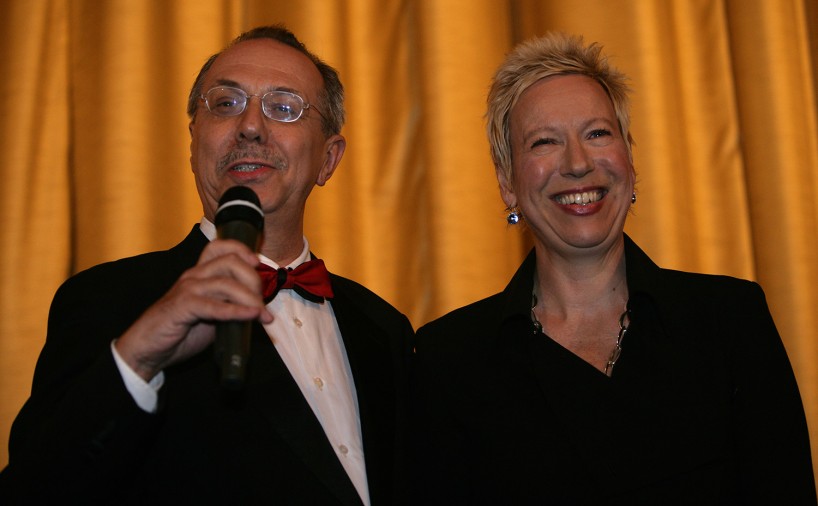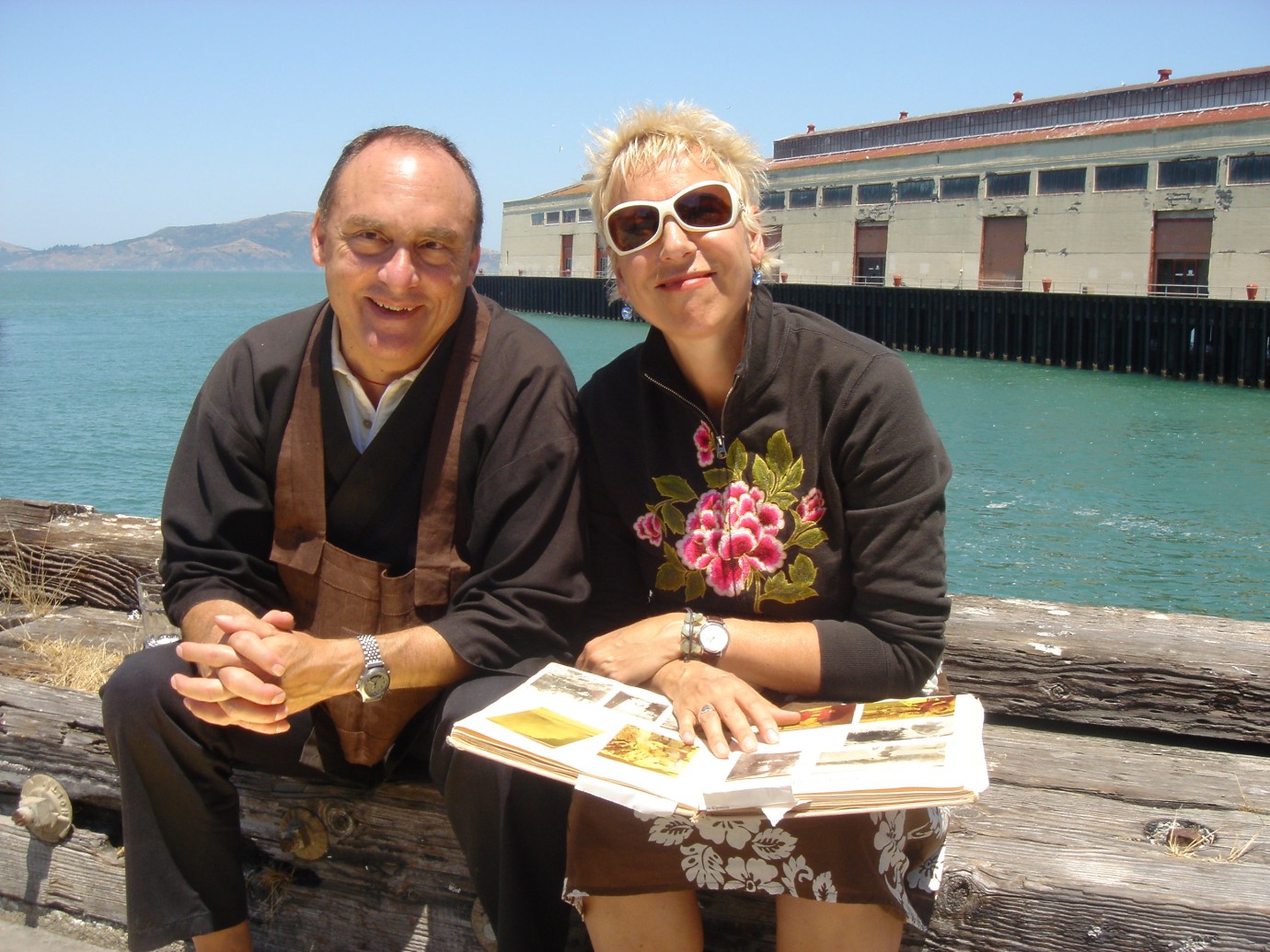
Edward Brown, Doris Dörrie
How To Cook Your Life by Doris Dörrie
DEU 2006, Berlinale Special
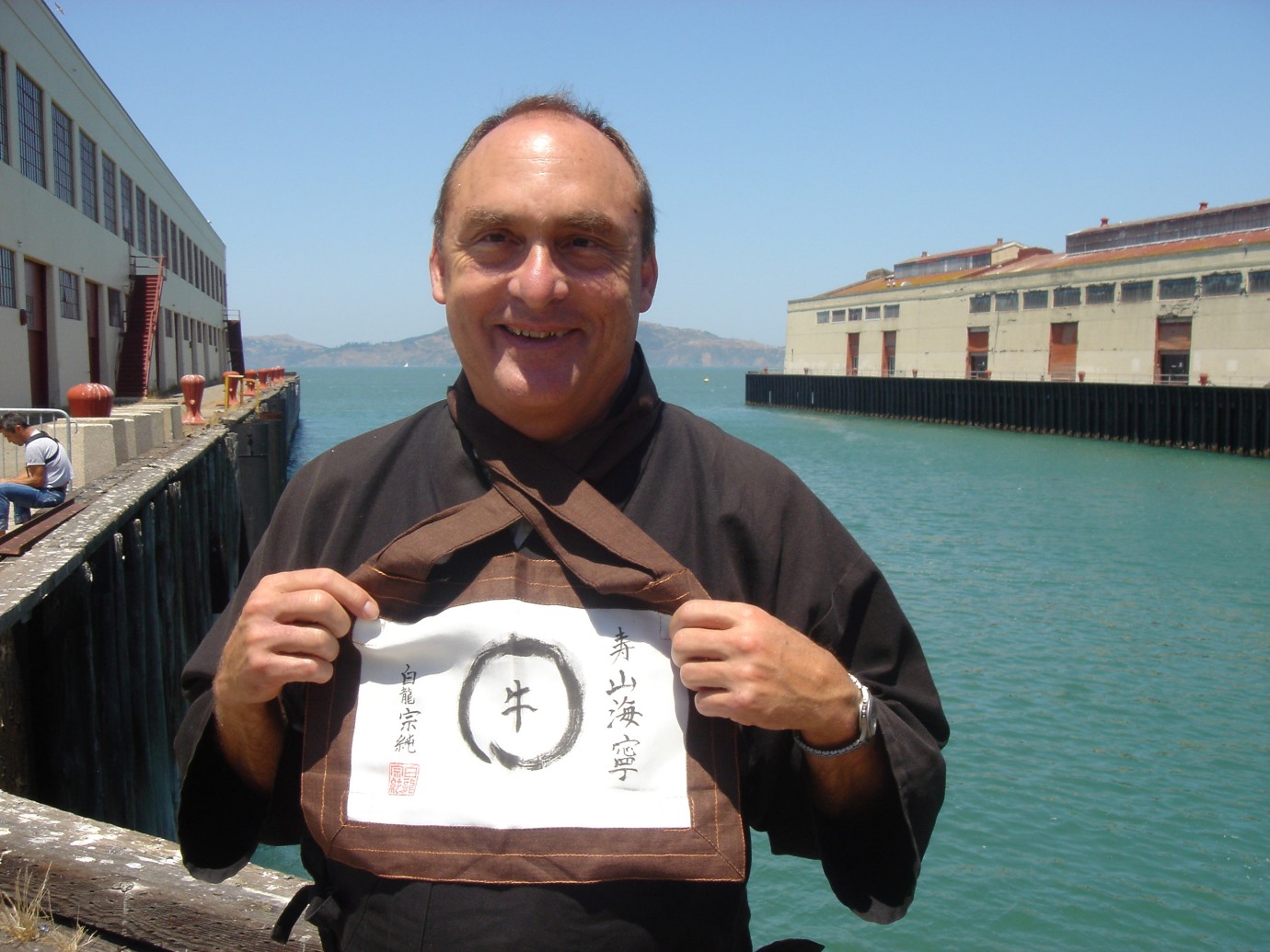
Edward Brown
How To Cook Your Life by Doris Dörrie
DEU 2006, Berlinale Special
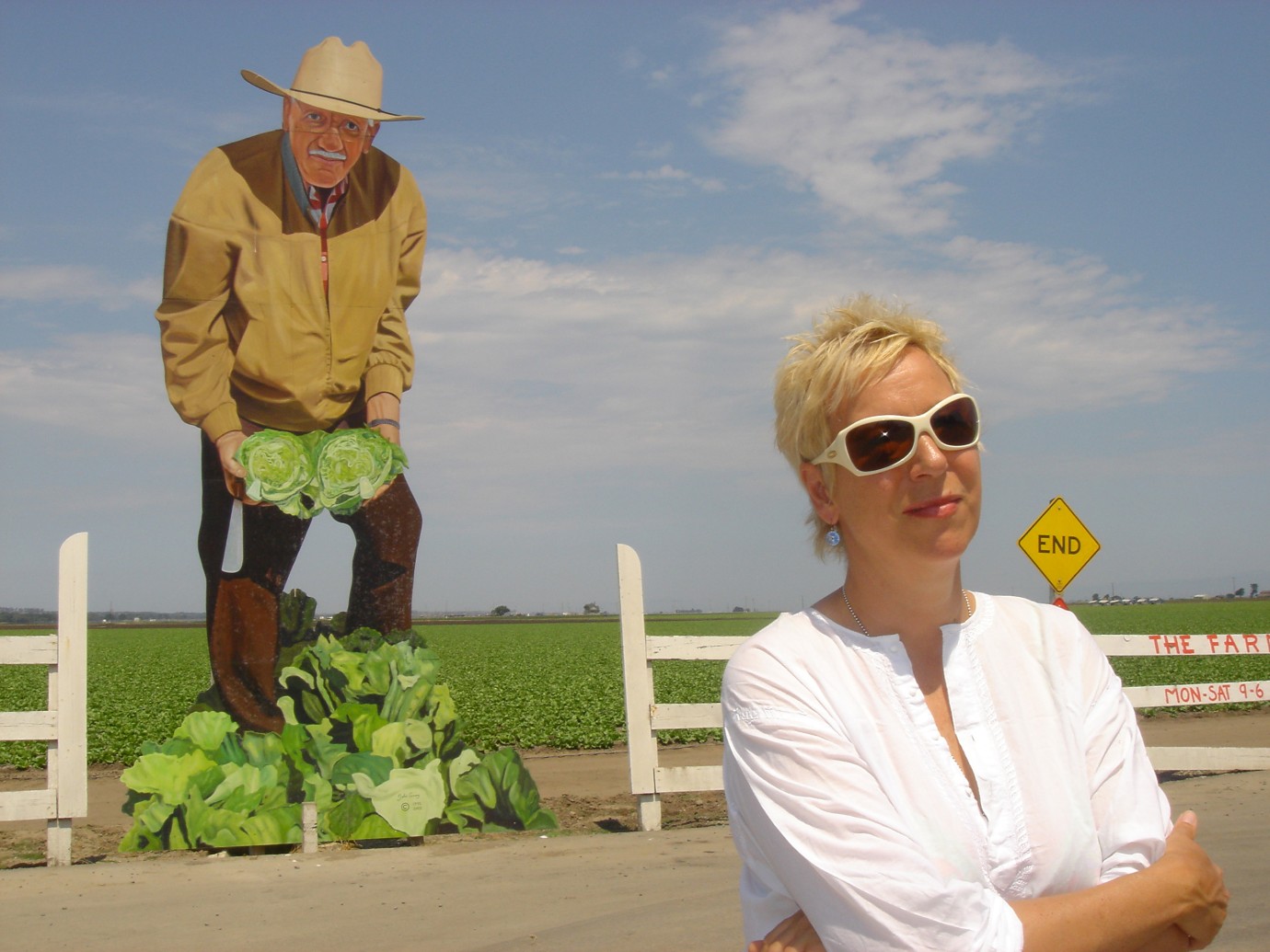
Doris Dörrie
How To Cook Your Life by Doris Dörrie
DEU 2006, Berlinale Special
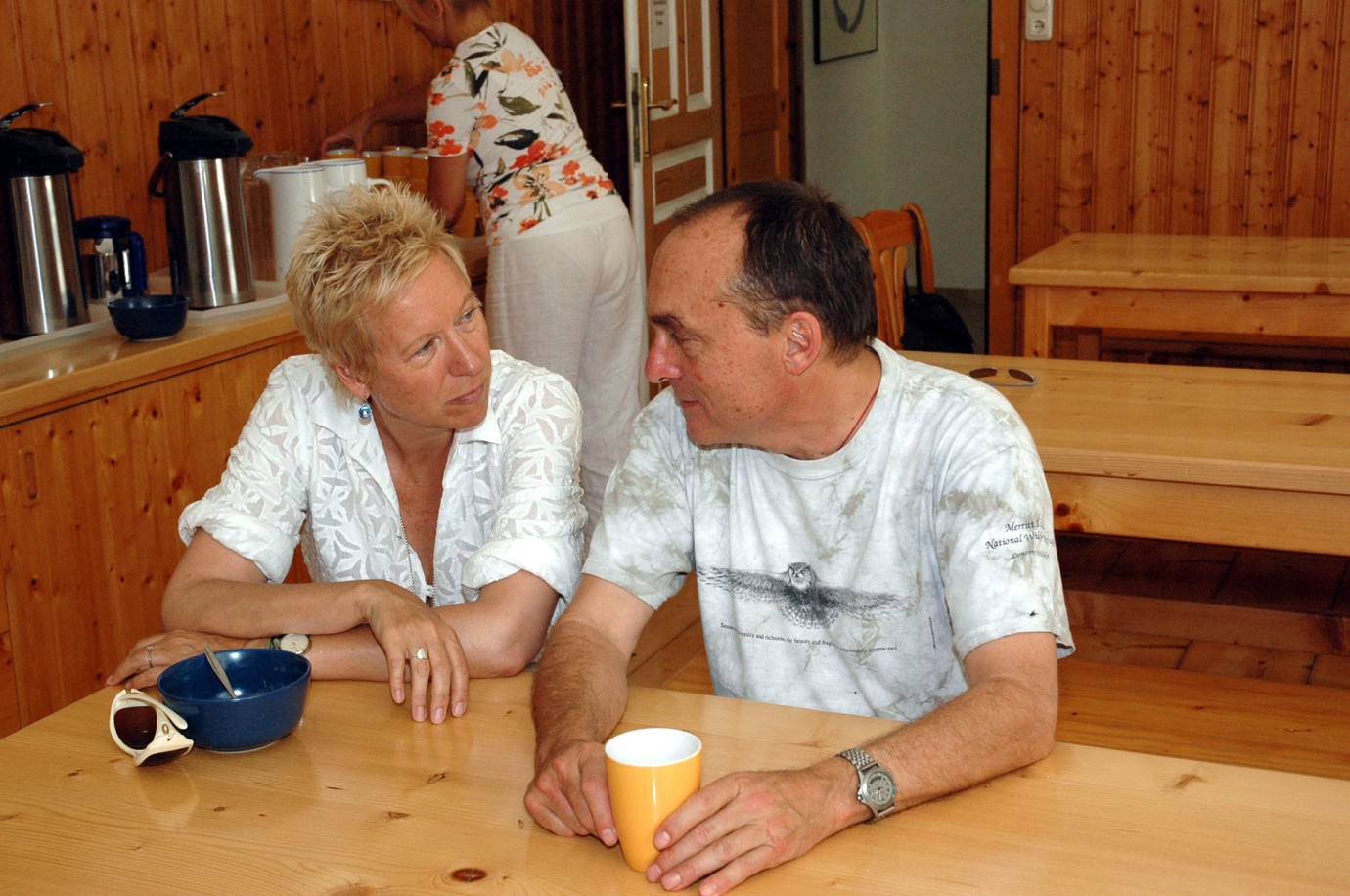
Doris Dörrie, Edward Brown
How To Cook Your Life by Doris Dörrie
DEU 2006, Berlinale Special
During the summer of 2006, Doris Dörrie and a small film crew followed Edward Brown to Scheibbs Buddhist Centre in Austria, then to the Tassajara Zen Mountain Center and the San Francisco Zen Center, where Brown taught people of all generations. His recipes are simple, full of taste and highly aromatic. In this film, the camera is a participant observer at his cooking courses, it stands round the floured wooden table, watching the dumplings, the radishes, oranges and the carrots. It is also there when Edward Brown lecturers his students according to Zen master Dogen's teachings of 1238: what, he asks, does cooking and eating mean to the community and the individual? Is cooking a political act? In what way does cooking reflect our approach to life and the world around us?
While she was in San Francisco, Doris Dörrie took a look at some of the city's fast food restaurants; she also spoke to organic farmers, starving homeless people and to a woman whose diet consists solely of things that other people have throw away. Nowadays, 80 percent of America's population no longer eat at home, or even cook. Anyone who cannot cook and isn't rich has no option but to feed themselves cheaply and poorly. Not having any time to cook and eat together means a loss of community and culture. Learning to cook means learning how rich our own culture is, and taking an active part in its preservation.
World sales
Atrix Films GmbH
Additional information
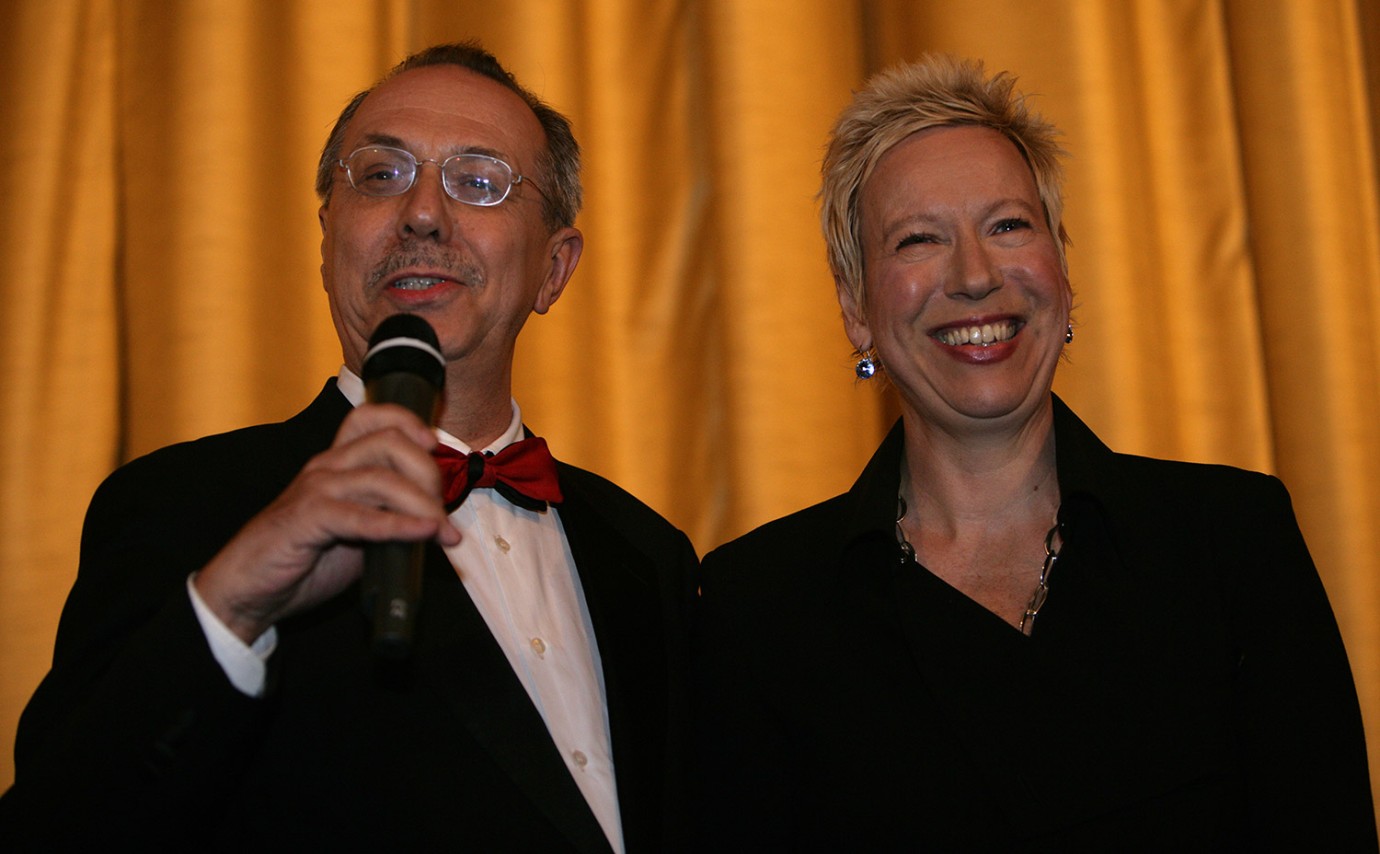
Dieter Kosslick, Doris Dörrie
Dieter Kosslick and Doris Dörrie on the Filmpalast stage, where Dörrie's film How to cook your life premiered that night in the Berlinale Special programme.
How To Cook Your Life · Berlinale Special · Feb 12, 2007
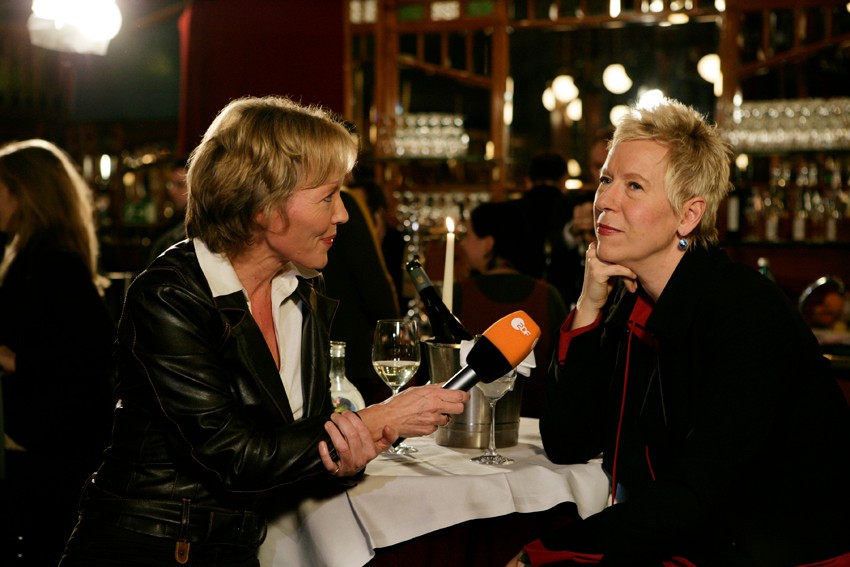
ZDF
The Berlinale's Main media partner ZDF again provides thorough and extensive media coverage of the festival. Interviewed here is German film director Doris Dörrie (r.).
How To Cook Your Life · Berlinale Special · Festival Impressions · Feb 13, 2007

Alfred Biolek, Thomas Kammeier
Alfred Biolek (l.) and top chef Thomas Kammeier on the talk show stage of the Eat, Drink, See Movies series. Doris Dörrie's Film How to cook your life inspired Kammeier "saffron barley with braised sweet potatoes, beans and chives, gremolata and chard salad".
How To Cook Your Life · Culinary Cinema · Feb 14, 2007
